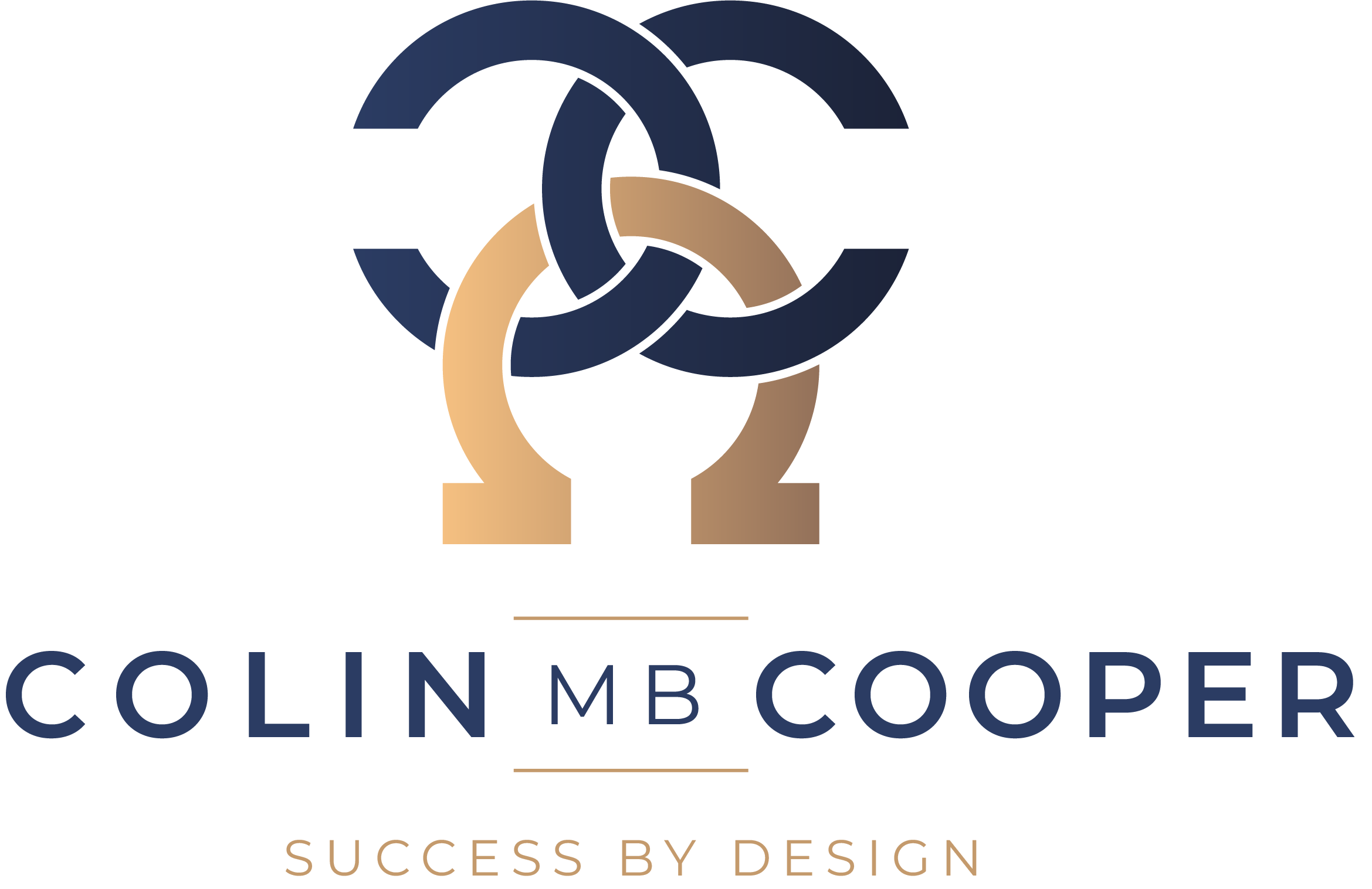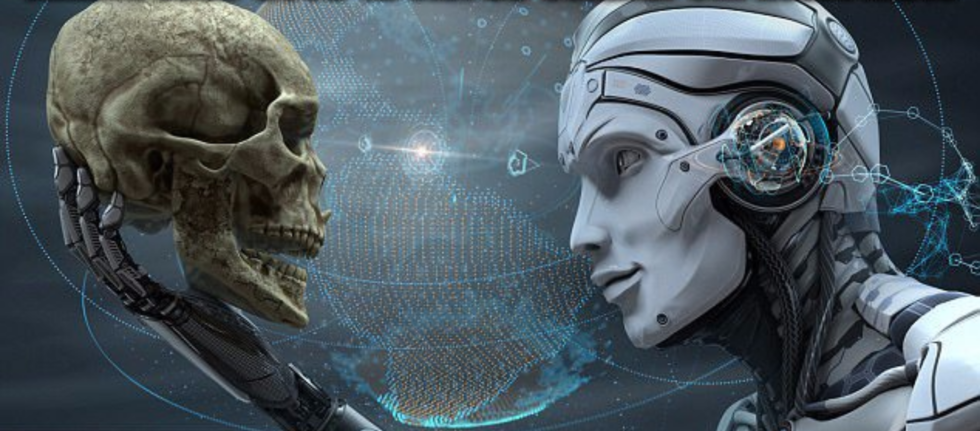Artificial intelligence has become a life-changing technological advancement ever since it was discovered. Learn about what it means, how it benefits us and how you can implement it in your organisation.
What Is Artificial Intelligence?
“Can machines think?”, this simple question by mathematician Alan Turing has changed the way people see machines almost 70 years ago. This question has established the fundamental goal and vision for artificial intelligence.
Artificial intelligence has become the branch of a computer where science aimed to answer Turing’s question affirmatively. It is an attempt to replicate human intelligence in machines.
Artificial intelligence isn’t just one thing, it consists of many different technologies working together to allow machines to feel, understand, act and learn with human-like levels of intelligence.
Each of them is evolving in its own path and when combined with data, analytics and automation, it can help businesses achieve their goals.
Types Of Artificial Intelligence:
There are 3 types of artificial intelligence. First is artificial narrow intelligence, artificial general intelligence and artificial superintelligence. So, what are the differences between all three?
1) Artificial Narrow Intelligence (ANI) also known as narrow or weak AI
This is the most common and most limited of all three types of AI. This type of AI is goal-oriented and designed to perform singular tasks. While these AI may seem intelligent, they operate under a narrow set of restrictions and limitations.
The idea of weak AI is not to replicate human intelligence but rather stimulate human behaviour. Narrow or weak AI can only learn complete specific tasks and may fail unpredictably once it goes beyond the limits.
2) Artificial General Intelligence (AGI) also known as strong or deep AI
Strong or deep AI is the concept where a machine has general intelligence that can already mimic human intelligence/behaviours. It should also have the ability to use its intelligence to solve any problem.
Research and scientists have not achieved strong AI yet, they still need to find a way to make machines conscious.
This type of AI is also not about replication or simulation of human intelligence but about training machines to understand our emotions. In theory, anything that a human can do, a strong or deep AI should be able to do too.
3) Artificial Superintelligence (ASI) also known as super AI
This is where it kinda gets scary. Super AI is the type of artificial intelligence that already surpasses human intelligence and abilities. To be classified as an AI, this technology should be able to do things that a human can’t do.
Not only can this AI carry out tasks, but they can also evoke emotions, needs, beliefs and desires of their own. The impact this AI may have on humanity, our way of living and survival is pure speculation for now.
While we are not at the human-like robot level of AI yet, there are tons of incredible things that scientists and researchers are doing with AI.
As of now, we have only achieved Narrow AI but machine learning capabilities continue to evolve and scientists are getting closer and closer to achieving general or strong AI.
Why Is Artificial Intelligence Important?
Nowadays, artificial intelligence is already so intertwined in our daily living and it’s hard to imagine a life without it. This technology has influenced nearly every facet of our lives like businesses and societies all over the world to help improve efficiencies and augment human capabilities.
If AI is more understood and trusted, it will be much more helpful to humans and global economies. According to research, over the next decade, artificial intelligence such as drones, robots and vehicles can create tens of millions of jobs that can create a livelihood for tons of people.
The importance lies in making our lives so much easier. AI is a great asset to humans and can reduce human effort as much as possible.
The Advantages of Artificial Intelligence
Now that we’ve defined AI and discussed the types, the more important conversation is about how it can benefit us.
There are so many ways it can help humanity and revolutionise any professional sector. Here are some of them:
1) Less Human Error
“Human error”, from the name itself, is regarding the mistakes humans make while doing something. Computers and machines don’t make this type of mistake if they’re programmed the correct way. Thanks to this, errors will be reduced and the chance of reaching accuracy and precision in a business has a higher possibility.
2) Overcome Risky Limitations
This is one amongst the most exciting of the many benefits of artificial intelligence. We are able to develop an AI Robot and get it to try and do risky things for humans which then reduces the probabilities of disasters and accidents. AI Robots can be used in place of humans when intervention is often dangerous.
3) Empowering Employees
With all the advantages mentioned earlier, AI can do all mundane activities and employees can spend more time on high-value tasks. This could help boost morale and labour productivity.
4) Available 24/7
On average, humans can only work for 6-8 hours every day. We are built in such a way where we need to have breaks in between work and have a work and life balance.
AI robots don’t require rest and can work continuously for 24 hours without any need for a break, they don’t get bored too!
5) Intelligent Offerings
Machines think differently from humans so they can uncover opportunities in the market more quickly. Businesses will then be introduced to new products, services, channels and business models with a new level of speed and quality that was once impossible.
6) Superior Customer Service
With AI Robots, 24/7 chatbots and faster help desk routing would be achieved. Business can use AI to analyse the information given by customers real-time and provide high-touch experiences to drive growth and overall satisfaction.
The Disadvantages Of Artificial Intelligence
When there are advantages, there are also disadvantages of AI. It’s not a secret that a lot of people still don’t trust this technology because of its disadvantages. Here are a few:
1) High Costs of Creation
Getting any type of AI is not a one time purchase. With updates happening every day, you need to keep up with the needed updates of its hardware and software.
Along with this, repairing and maintenance can also cost a lot of money.
2) Making Humans Lazy
With all the benefits and automation in human labour, AI may make humans lazy and be a problem for future generations.
3) Increase In Unemployment
Majority of repetitive tasks have already been replaced by AI and human interference is becoming less and less. This can cause a major problem with employment standards.
4) No Emotions
When it comes to efficiency and accuracy, machines can surely win. But when it comes to showing emotions and connection, the machine can’t show any of that. This may cause a problem in customer service ratings of companies.
5) No More Out of Box Thinking
Machines can only perform tasks that have been designed and programmed for them to do, anything out of that can cause them to crash and give irrelevant outputs and this can be a major backdrop in businesses.
The Future Of Artificial Intelligence
Now that we’ve learned the advantages and disadvantages of AI, how is its future?
According to a report, 84% of businesses believe they need the help of AI to achieve the growth they need while 76% still struggle on how to scale AI in their businesses.
These few points may help you transition easily and scale successfully:
● Know your business value
To start, define what value means to your business first. After this, assess and prioritise how you may apply AI against your strategic objectives.
● Rework your workforce
Artificial intelligence needs a more diverse and reconfigured workforce to fully support it. A lot may think this technology would lead to job loss but with the right human-machine collaboration, it can be a powerful feature and can help reshape talent and ways of working in your corporation.
● Build strong governance and ethical frameworks
When you want the AI to work, the most important thing is to trust it. This means you should be willing to build the right governance into making sure that ethical principles are being translated to the development of both the algorithms and software.
Applying these can help any organisation unlock exponential value and stay competitive in the market. With its continuous development, AI is no longer a “nice to have” but rather critical in achieving a stronger and better business future.



